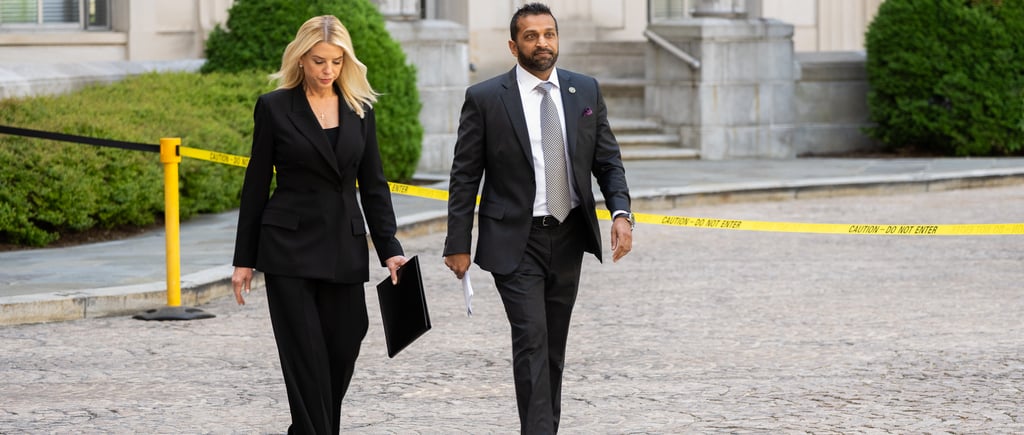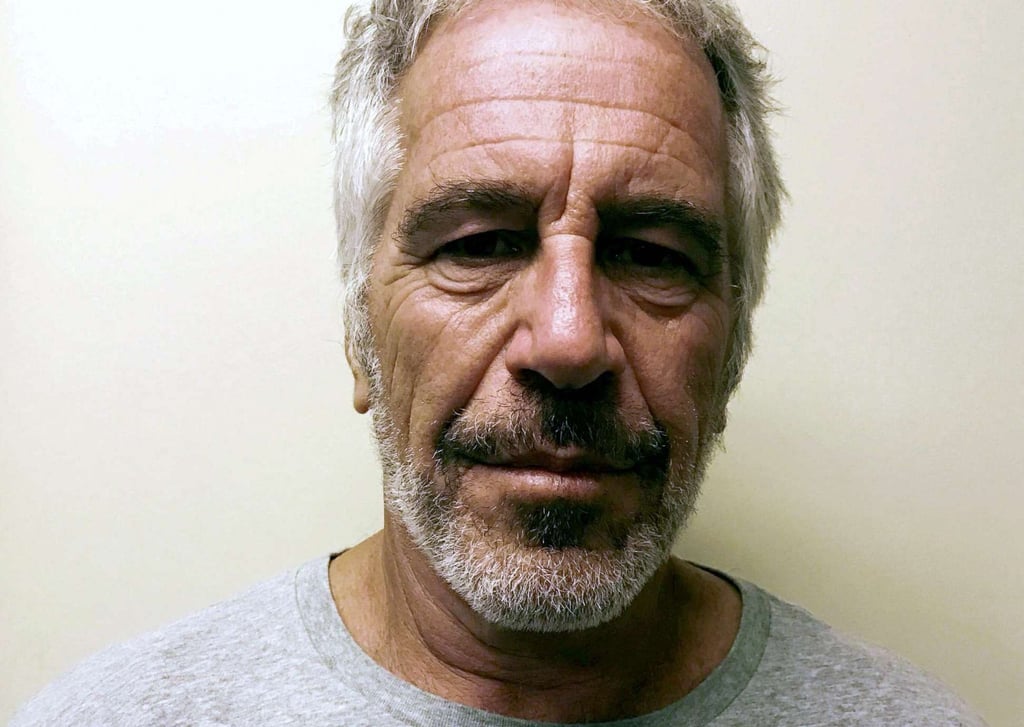DOJ FBI Review: Epstein Died by Suicide in 2019
A joint review by the DOJ and FBI has concluded that Jeffrey Epstein died by suicide in 2019, dismissing conspiracy theories about a secret client list. The findings, based on a newly released memo and surveillance footage, confirm the case is now closed.
7/7/20253 min read


Pam Bondi DOJ
DOJ and FBI Review Finds No Epstein ‘Client List,’ Confirms Death Was Suicide
A long-awaited review by the Department of Justice and the FBI has concluded that there is no credible evidence supporting claims that Jeffrey Epstein maintained a “client list” of associates involved in his crimes — and reaffirmed that the disgraced financier died by suicide in 2019.
The internal review, initially ordered under the Trump administration, was made public through a Justice Department memo reviewed by ABC News and Axios. It brings an official end to years of speculation and online conspiracy theories surrounding Epstein’s death and alleged connections to powerful individuals.
No “Client List,” No New Charges
Federal investigators stated they found no documentation, blackmail material, or witness testimony supporting the existence of a “client list.” According to the memo, no evidence emerged that would justify charges against any previously unnamed individuals. As a result, the DOJ confirmed that no further indictments are expected.
“Investigators did not uncover evidence that could predicate an investigation against uncharged third parties,” the memo reads.
The findings contradict theories circulated widely on social media and by various public figures, many of whom had insisted that Epstein had used a secret list of elite contacts for blackmail. These claims were often used to imply a broader cover-up protecting high-profile individuals.


New York State Sex Offender Registry March 28, 2017
Jail Footage Confirms Death Was Suicide
In addition to the memo, the DOJ released 10 hours of surveillance footage from the Metropolitan Correctional Center in Manhattan, where Epstein was being held. The video reportedly shows no one entering or exiting his jail cell during the time of his death, supporting the official ruling of suicide by hanging.
FBI Director Kash Patel and Deputy Director Dan Bongino — both of whom were initially skeptical — have since publicly acknowledged there is no evidence to suggest Epstein was murdered. Bongino described the video as “clear as day” in a May interview.
Political Fallout and Unmet Promises
The conclusion also marks a reversal from prior public statements made by Trump administration officials. Attorney General Pam Bondi, who took office earlier this year, had pledged to release a comprehensive set of files related to the Epstein investigation.
In February, Bondi claimed a supposed “client list” was on her desk and indicated a full release of documents was imminent. In a high-profile White House event, she handed out binders labeled “The Epstein Files: Phase 1” to a group of pro-Trump social media influencers. However, those documents were later revealed to contain mostly previously public material.
The memo now states that no further documents will be released, citing the DOJ’s priority to “combat child exploitation and bring justice to victims,” and emphasizing that “perpetuating unfounded theories about Epstein serves neither of those ends.”
Mounting Pressure From Trump Supporters
Bondi and the DOJ had come under increasing pressure from Trump supporters and online activists who viewed Epstein’s case as a test of government transparency. Many had hoped for explosive revelations implicating politicians, celebrities, and business leaders.
As previously reported by ABC News, some within the White House were reportedly blindsided by Bondi’s decision to distribute the binders without substantial new information. Since then, calls for more records have been met with silence.
Multiple officials confirmed to Axios that the review is now considered closed. The DOJ memo describes the extensive resources used in the review — including FBI personnel diverted from national security tasks — and calls for a return to fact-based public discourse.
Connect
Connecting You to Global News
Explore
Support Orbital News
© Orbital News 2025. All rights reserved.